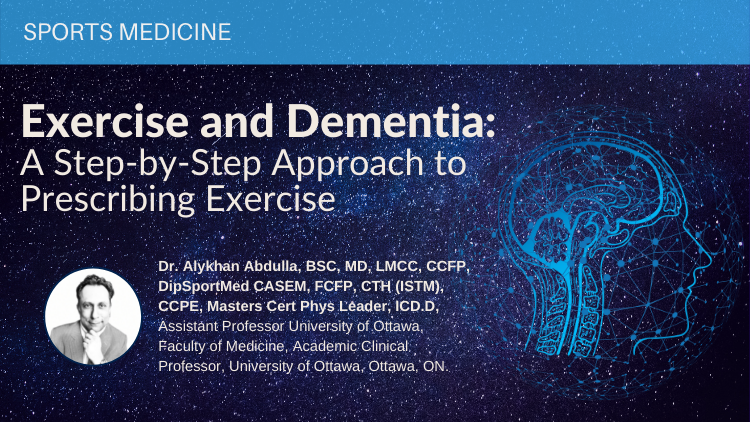Assistant Professor University of Ottawa Faculty of Medicine, Academic Clinical Professor University of Ottawa Faculty of Nursing Medical Director The Kingsway Health Centre, The Kingsway Travel Clinic, The Kingsway Cosmetic Clinic, Editor in Chief/Author Journal of Current Clinical Care SPORTS MEDICINE, Past Chair Section of General and Family Practice Ontario Medical Association, Bruyere Foundation
